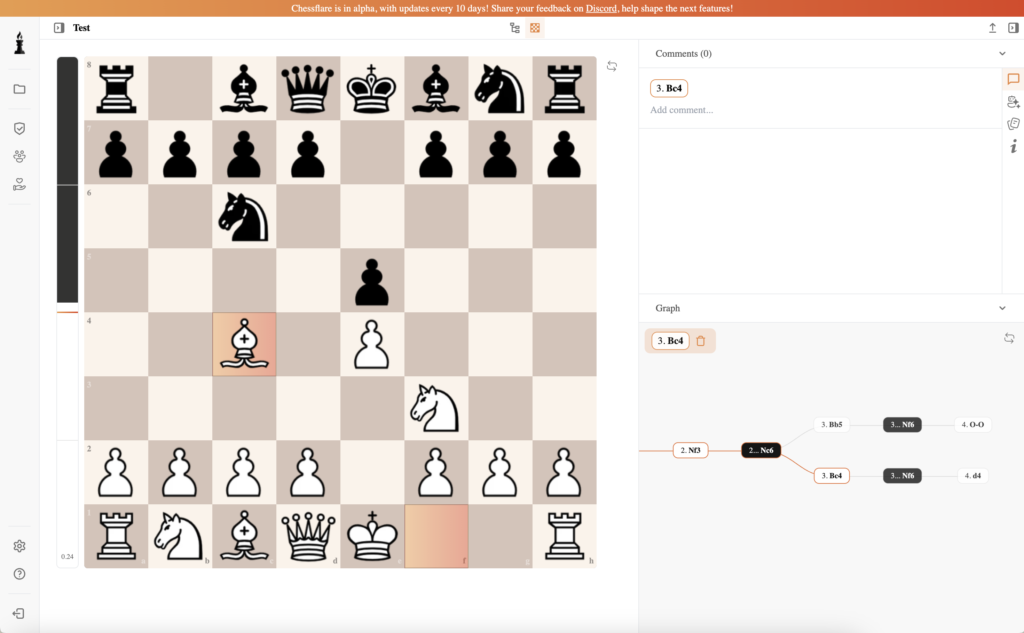A Meteoric Rise in American Chess
Harry Nelson Pillsbury was born in 1872 in Somerville, Massachusetts. Despite a relatively short life, he emerged as one of the most influential American chess masters of the late 19th century. His ascent to prominence can be traced to his keen understanding of strategy and a natural talent for both classical and experimental openings. By his early twenties, he was already competing against—and defeating—seasoned players from Europe, breaking the long-held notion that America lagged behind in chess expertise.
Victories at the Highest Level
The highlight of Pillsbury’s career came in 1895 at the prestigious Hastings tournament in England. Facing a formidable lineup that included Mikhail Chigorin, Siegbert Tarrasch, and Wilhelm Steinitz, Pillsbury surprised the chess world by finishing first. His success solidified his reputation as a world-class player and elevated him to the forefront of international competition. It was during these events that he introduced innovative ideas in the Queen’s Gambit, leading to what became informally known as the “Pillsbury Attack.”
The Power of Blindfold Play
One of Pillsbury’s most remarkable achievements lay in his exceptional memory and capacity for blindfold and simultaneous exhibitions. He frequently dazzled audiences by playing multiple boards without sight of the pieces, showcasing a prodigious mental agility that few rivals could match. These exhibitions drew significant public attention, helping to popularize chess as a grand spectacle.
Legacy and Lasting Influence
Although Pillsbury’s life was cut short—he died in 1906 at the age of 33—his impact remains profound. His games are still dissected by students of the game, illustrating lessons in coordination, center control, and dynamic attacks. Modern players continue to study his approach to the opening phase, particularly his imaginative methods in d4 openings. Pillsbury’s combination of raw talent, psychological resilience, and innovative thinking paved the way for a new generation of American chess masters.
Harry Nelson Pillsbury was an American chess master, born in 1872, renowned for his victories in major international tournaments and his exceptional skills in blindfold exhibitions.
His most notable triumph came at the Hastings 1895 tournament, where he finished first ahead of top European masters, establishing himself as a leading force in chess.
Pillsbury demonstrated an extraordinary memory and mental agility, often performing multiple blindfold and simultaneous exhibitions, captivating spectators with his intuitive grasp of positions.
In the Queen’s Gambit opening, Pillsbury introduced novel attacking ideas against Black’s position, which came to be informally referred to as the Pillsbury Attack. This approach highlighted his creativity and strategic depth.

